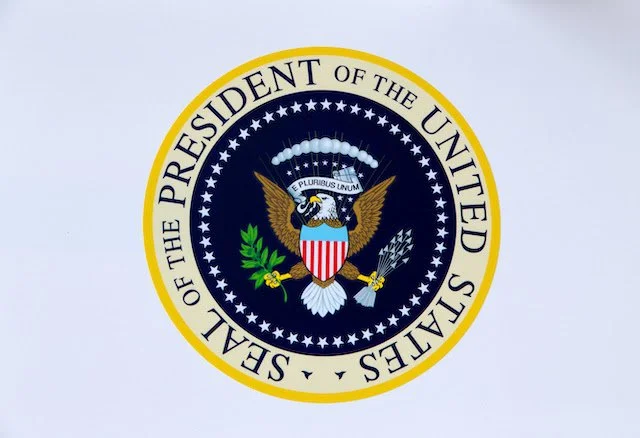When to step down
"Intelligence is knowing how to quit. Genius is knowing when to quit. But only the courage allows you to quit." Sarvesh Jain
I’m leveraging the news of President Joe Biden stepping down from reelection for a second term as President of the United States. And that’s as close as I’ll get to politics. Switching now to leadership, when should a leader step down? The answer and indeed, the act is very important and significant. A leader stepping down can have and usually does have a substantial impact on an organization, big or small. Leaders form and foster relationships with individuals and between teams and stakeholders. They form and foster trust and espouse vision and values. Their words and deeds are usually embraced by the organization. Leaders set tone and that tone permeates their organization. Often a leader’s impact on their team exists below the surface where people react and perform somewhat subconsciously following a leader’s guidance, using his or her words, and or to impress him or her. When a leader steps down, in an instant, all that impact and influence is gone. The void left by his or her departure, even if it is celebrated can be traumatic.
The central guiding philosophy behind deciding to step down is (or should be) this – “what is best for the organization, the team, or the party?” As leaders, it is never about ‘us.’ It is always about the greater team, vision, values, and mission. This is not to say leaders must sacrifice of themselves completely. Often a decision to step down is personal, such as trauma in a leader’s family or a physical ailment leaving them less than 100%. Even when the circumstances are beyond a leader’s control and not due to something they did, I would argue, the leader steps down because he or she cannot serve the organization and their people as they deserve to be served. A leader who decides to stay the course because of money or ego is making a self-serving decision.
As I grew older and advanced in the Army, I always stated to myself and others that I would step down if ever my body or mind could not handle the rigors of the position. As it turns out, that never happened. I was guided by that philosophy regardless. Here are some other reasons.
If a leader ever breaks trust with their people – superior or subordinate alike, they should consider stepping down. Trust is precious and irreparable once broken. There are cases when a leader can regain the trust of their people, but the organization would have to be able to withstand that trauma and the leader would have to exercise extreme patience and humility to regain trust.
If a leader ever made a mistake so egregious causing significant damage, they should consider stepping down. Leaders own every good and bad thing their organization does. Everything. One could argue the Director of the Secret Service, Kimberly Cheatle should step down after the failure of her organization to protect a former president. I offer this only as a recent example with no political motivation. Some argue she should stay on and fix the systems and or policies which led to failure.
If a leader cannot fulfill the role, they are entrusted with they should step down. Businesses and markets evolve at the speed of light. A CEO who climbed the ladder in an organization may be irrelevant for instance, if technology changed so drastically that it altered the products a business sold or its methodologies. In this case it may be prudent for the CEO – if they cannot adapt to the change, to step down and hand the responsibility to a younger, better trained and experienced person.
Stepping down from a leadership position is no small affair. It should be done with forethought and counsel from trusted agents. Once it happens, leaders should issue formal statements through official channels at appropriate times to soften the impact to the organization and its people.
Step down if you must but keep focus on the greater team. They are watching you and your loss may hurt more than you know. If you are to leave under less than ideal circumstances, do so quietly and quickly to make way for fresh leadership. Remember, it’s all about the team, not you.
Make it Personal!
Rob
Rob Campbell

